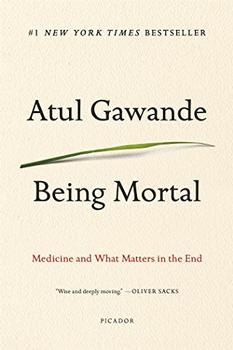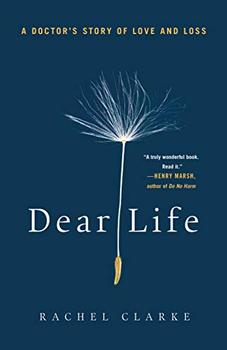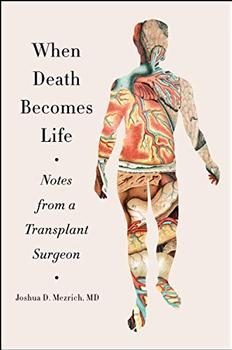Summary | Excerpt | Reading Guide | Discuss | Reviews | Beyond the book | Read-Alikes | Genres & Themes | Author Bio

Medicine and What Matters in the End
by Atul GawandeIn Being Mortal, bestselling author Atul Gawande tackles the hardest challenge of his profession: how medicine can not only improve life but also the process of its ending
Medicine has triumphed in modern times, transforming birth, injury, and infectious disease from harrowing to manageable. But in the inevitable condition of aging and death, the goals of medicine seem too frequently to run counter to the interest of the human spirit. Nursing homes, preoccupied with safety, pin patients into railed beds and wheelchairs. Hospitals isolate the dying, checking for vital signs long after the goals of cure have become moot. Doctors, committed to extending life, continue to carry out devastating procedures that in the end extend suffering.
Gawande, a practicing surgeon, addresses his profession's ultimate limitation, arguing that quality of life is the desired goal for patients and families. Gawande offers examples of freer, more socially fulfilling models for assisting the infirm and dependent elderly, and he explores the varieties of hospice care to demonstrate that a person's last weeks or months may be rich and dignified.
Full of eye-opening research and riveting storytelling, Being Mortal asserts that medicine can comfort and enhance our experience even to the end, providing not only a good life but also a good end.
Many people are not comfortable contemplating their own aging and mortality. Nevertheless, I finished Being Mortal feeling like this is an important book and one that I would be eager to discuss with others. I highly recommend it; although it's nonfiction, it's extremely engaging and should hold the attention of fiction lovers as well as those who prefer books in the social sciences. Most will undoubtedly come away with a new perspective on these important issues...continued
Full Review
 (853 words)
(853 words)
(Reviewed by Kim Kovacs).
Hospice is a medical specialty that focuses on end-of-life care for individuals and support for their families. Its roots come from the Latin for hostis meaning stranger, and more specifically from hospitem meaning a guesthouse - from these roots we also get hospital, hotel and hospitality.
The idea of caring for those suffering from fatal diseases has been around for centuries. In the Middle Ages, religious orders established shelters along pilgrimage routes designed to aid those journeying to and from sacred sites, many of whom were terminally ill, and are considered the original form of hospice care. The idea was expanded in the 16th through 18th centuries, when monasteries began opening facilities for those who were impoverished and...

If you liked Being Mortal, try these:

by Rachel Clarke
Published 2020
In Dear Life, palliative care specialist Dr. Rachel Clarke recounts her professional and personal journey to understand not the end of life, but life at its end.

by Joshua D. Mezrich
Published 2020
A gifted surgeon illuminates one of the most profound, awe-inspiring, and deeply affecting achievements of modern day medicine - the movement of organs between bodies - in this exceptional work of death and life.